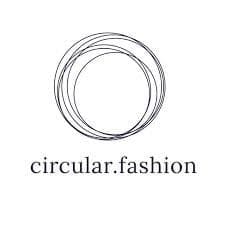In what is going to be a world first in the fashion industry, 12 pioneering players in the fashion and textile industries are breaking new ground by demonstrating an entirely circular model for commercial garment production. The consortium of brands, manufacturers, suppliers and innovators are participating in the European Union-funded ‘New Cotton Project’.
The consortium will prove that circular, sustainable fashion is not only an ambition, but can be achieved today. The project also aims to act as an inspiration and steppingstone for further, even bigger circular initiatives in the industry going forward.
Over a three-year period, textile waste will be collected, sorted and regenerated into Finnish biotechnology group Infinited Fiber Company’s unique, cellulose-based textile fibres. The fibres will be used to create different types of fabrics for clothing that will be designed, manufactured and sold by global brand Adidas and companies in the H&M Group. At the end-of-use, apparel take-back programmes will collect the clothing to determine the next phase in their lifecycle. Clothing that can no longer be worn will be returned for regeneration into new fibres, further contributing to a circular economy in which textiles never go to waste, but are reused, recycled or regenerated into new garments instead.
The EU has identified the high potential for circularity within the textile industry, while simultaneously highlighting the urgent need for the development of technologies to produce and design sustainable and circular bio-based materials. Making sustainable products commonplace, reducing waste and leading global efforts on circularity are outlined in the European Commission’s EU Circular Economy Action Plan as necessary for Europe’s efforts to drive sustainable growth. The EU-funded New Cotton Project (CE-FNR-14-2020 – Innovative Textiles – Reinventing Fashion), with its consortium partners from Finland, Portugal, Sweden, Germany, The Netherlands, Slovenia and Turkey, directly addresses these critical issues and pioneers the implementation of a circular operating model for the textile industry.
(For full news:

